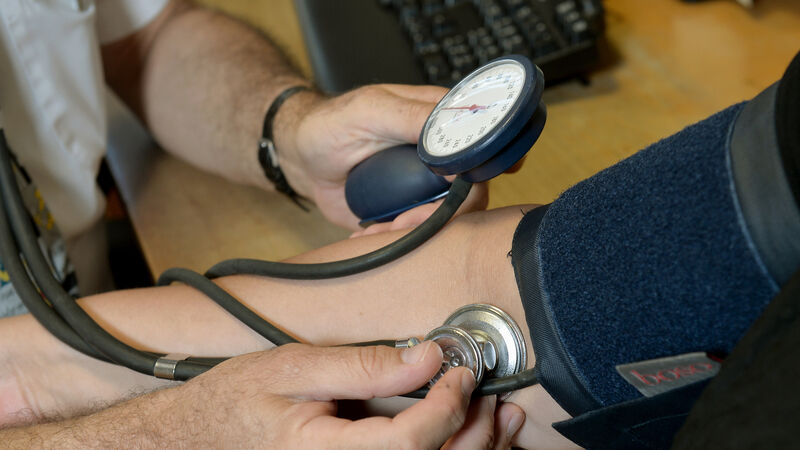Only 25 extra GPs employed despite Government pledges on doctor shortages

In 2022 there were 4,431 GPs in Ireland, rising to 4,456 in 2023. Picture: PA/file
Just 25 extra GPs were added to the workforce last year, despite Government pledges to address shortages, with only two counties reaching the recommended number of general practitioners.
Research by the Irish College of General Practitioners has shed light on shortages, contributing to waits of up to three weeks for non-urgent appointments, especially in rural or deprived urban areas.










